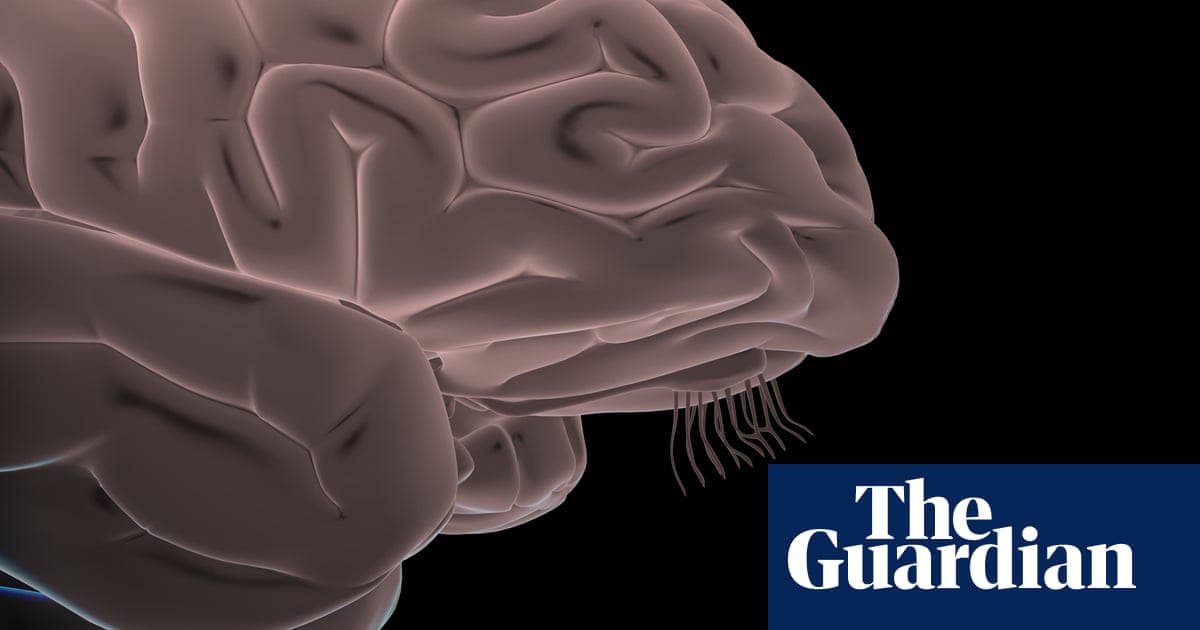
According to a study published by Cell, the virus that causes Covid-19 doesn't infect human brain cells. These findings raise hope that the damage done by Sars-CoV-2 may be less severe and more easily reversible than was previously thought.
This study is in contradiction to previous research which suggested that the virus infects neurons within the membrane covering the nose's upper recesses.
The virus inhaled from this membrane is called the olfactory mocosa. It is home to olfactory sensory neuron (OSNs), responsible for initiating smell sensations. They are connected to a type of support cell called sustentacular, which is tightly interwoven with them.
The new study by German and Belgian researchers claims that the virus can infect sustentacular cells, but not OSNs. This is a crucial distinction, according to Peter Mombaerts (leading author and director of the Max Planck Research Unit for Neurogenetics) in Frankfurt, Germany. Once you have established that olfactory neuron can be infected there is an easy way to get into the bulb. Then youre already in the brain.
The brain's olfactory bulb is the first place where neural input regarding odours takes place. It is located at the front of your brain. The virus could spread through this structure to other brain regions, causing lasting damage. This is because, unlike OSNs (which are regenerated after being lost), most neurons cannot be regenerated.
However, if the virus infects only the sustentacular cells then the damage may be less severe.
These two pathways could be the cause of the olfactory dysfunction, which affects approximately half of all Covid-19 patients. One in ten of these patients will experience a loss of or a permanent change in their sense of smell.
Mombaerts believes this may be due to the OSN support systems failing, even though they aren't infected. They could be functioning below par or cease functioning entirely until the sustentacular cell regenerates.
The group hasn't looked into other neurological symptoms associated with Covid-19, such fatigue or brain fog that can accompany long Covid.
There is no doubt that the central nervous systems are affected by the disease. The debate centers on whether the effects are due to the virus infecting the neurons or a more indirect mechanism such as an inflammation response in the blood irrigating brain, which could have different implications for treatment and prognosis.
Because of the difficulty in studying molecular events occurring within the first few hours after infection, the findings could prove controversial. Previous studies used animal models, clusters in vitro of neural stem cells, and tissue from Covid-19 patients. This is the largest study of Covid-19 patients and uses a new technique to capture those early events.
Laura Van Gerven (a neurosurgeon at Catholic University of Leuven, Belgium) was one of the senior authors of the papers. She adapted a form of skull bas surgery to remove the tissue from the bulb and olfactory mucosa of Covid-19 patients in under an hour. Researchers were able to identify that the virus was still reproducing in 30 patients. This meant that patients died during the acute, contagious phase.
Stuart Firestein, a Columbia University neurobiologist, stated that it is the most thorough work on human postmortem Covid tissue.
Firestein stated that the results didn't shed any new light on Covid-19's olfactory dysfunction. He said that the results did not show any OSNs being damaged, or fewer, or OSNs near infected sustentacular cell OSNs being different from those not infected.
Debby Van Riel (a virologist at Erasmus University Rotterdam, The Netherlands) also praised the study's rigour but stated that the authors claim Sars-CoV-2 doesn't infect neurons was quite bold.
Only six patients had the virus detected in their olfactory mucosa. She stated that overall, the numbers are too low to draw any conclusions.
Although the study doesn't prove that Covids brain effects are definitive, it does show that the dire early reports were not true. Its conclusions can be relied upon by those suffering from Covid-related parosmia and anosmia. Future therapies that target the unstudied sustentacular cell could help to alleviate or cure the condition.
